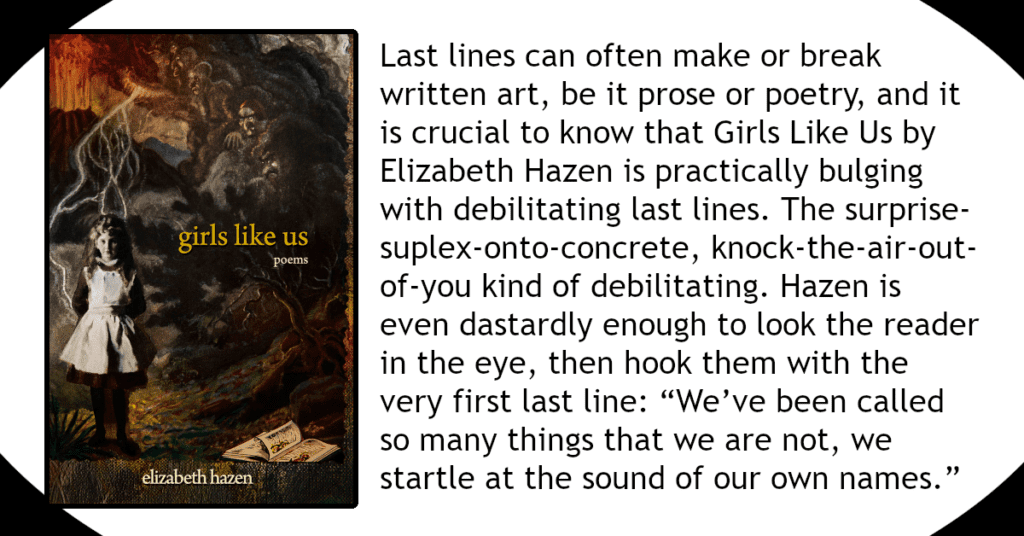TV Segment on Grace Cavalieri Takes Home Two Silver Tellys
Hartford Cable Network strikes Telly silver with their featured segment on Maryland's favorite poet laureate.
Grace Cavalieri’s segment on Harford County TV is officially a smash hit, taking home two silver tellys at the annual Telly Awards— the competition’s top prize. The short was awarded highest honors in two categories: Videography/Cinematography and Television:Documentary. Grace and her poetry appear alongside other award winners and nominees from TV networks like Aljazeera, ESPN, and PBS.
This sort of media recognition is nothing new for the intrepid Grace Cavalieri who won a silver medal from the Corporation of Public Broadcasting in part for her work in her long-running Library of Congress broadcast, The Poet and the Poem.
The segment itself details the work of Grace’s late husband, Kenneth Flynn, a former air force pilot turned found-wood sculptor. During the segment, Grace reads her poem, “Safety” from her book Other Voices, Other Lives (ASP, 2017).
Watch and share the segment here: https://www.facebook.com/watch/?v=2748030348659952
Reuben Jackson Joins WPFW’s “The Sound of Surprise”
Beginning May 1st, Reuben will begin as host of DC radio channel WPFW’s “The Sound of Surprise.” The show runs from 4 to 6pm and Reuben will be alternating every other Sunday with the program’s creator, Larry Appelbaum.
A Book and Its Cover: Rose Solari Reviews Two New Collections of Poetry for WIRoB
Rose Solari’s latest review column for Washington Independent Review of Books tackles two stellar new collections by established small-press poets, Terry Ellen Cross Davis and Dan Beachy-Quick. As with all her reviews, Rose uses a common theme to link the subject matter of the books she is reviewing. This month, she explores how the cover design is mirrored by the poetry and vice versa.
New Review of Girls Like Us: GLU “Bulges with Debilitating Last Lines”
In Lannie Stabile’s new review of Elizabeth Hazen’s second collection Girls Like Us, she raves about the effect of Hazen’s “last lines.” Girls Like Us, she says, is “bulging with debilitating last lines.” Like this one in the opening poem “Devices,” that Stabile points to as like a “hook,” “We’ve been called so many things that we are not, we startle at the sound of our own names.”


